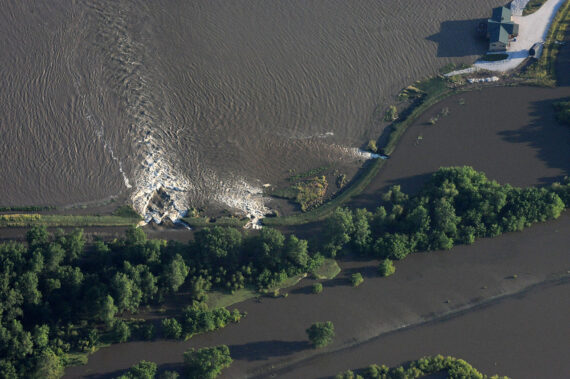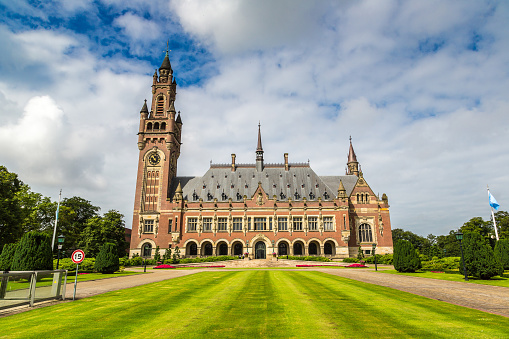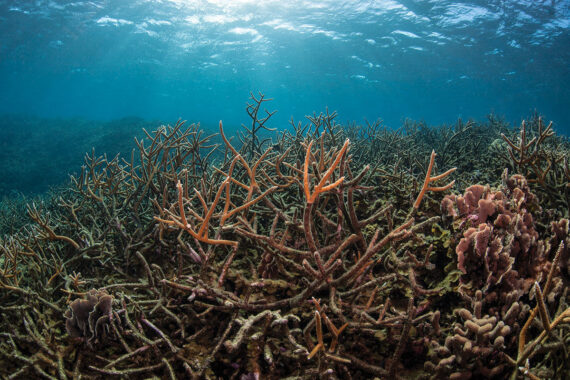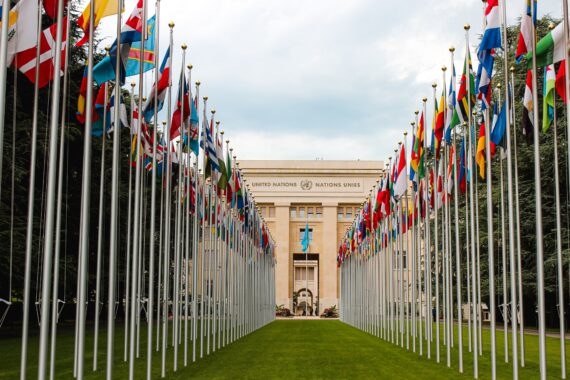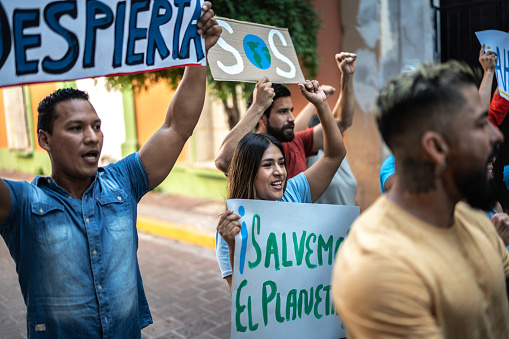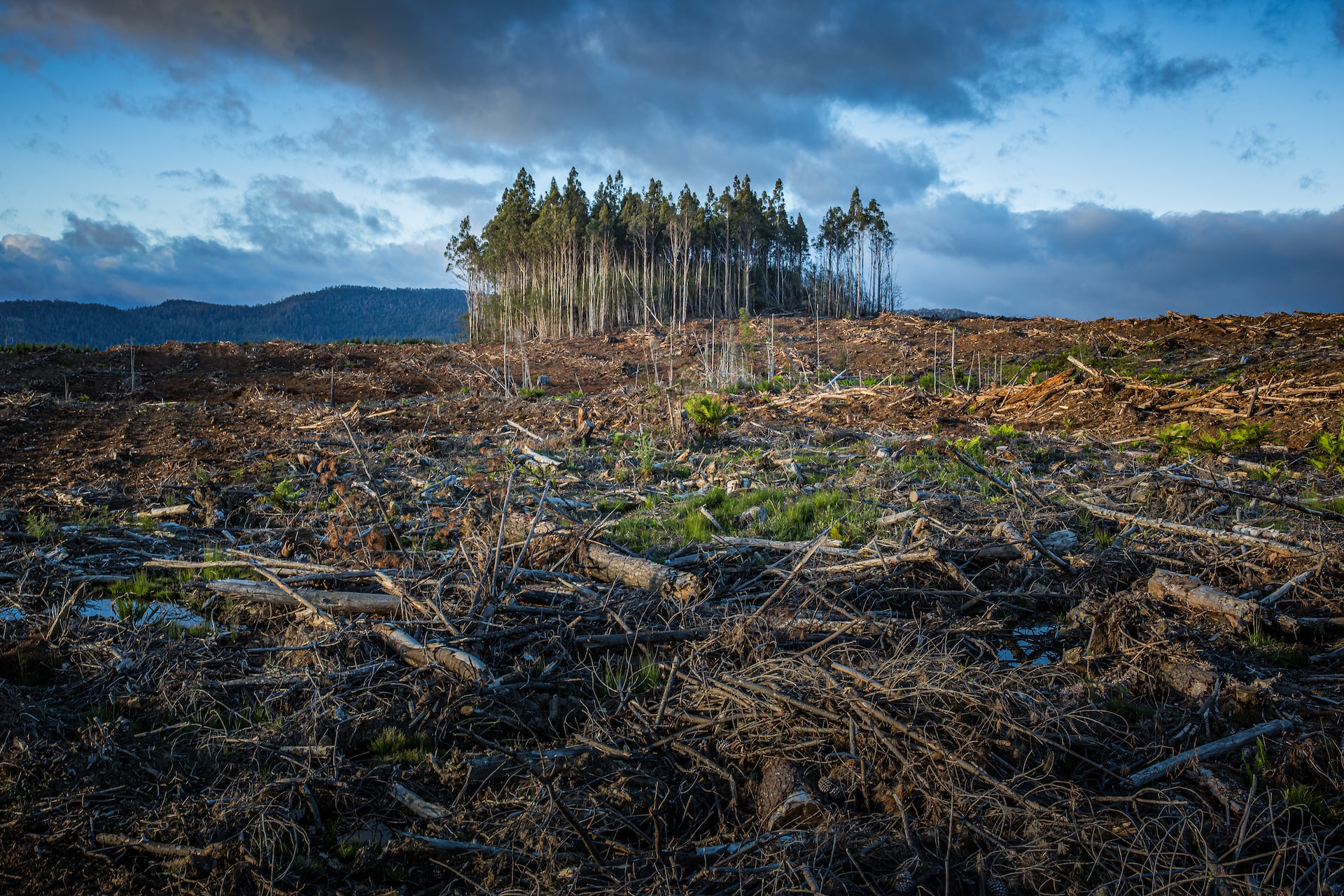On July 21, 2023, the Sabin Center launched its latest report, Modelling Climate Litigation Risk for (Re)Insurers. This report, which forms part of the Sabin Center’s broader Climate Law and Finance Initiative, provides a toolkit to help academics, attorneys, insurance practitioners, and industry regulators model (re)insurer climate litigation risk. Insurance […]
climate litigation
The International Court of Justice (ICJ) is inviting all U.N. Member States to submit their views on the legal issues relevant to climate duties and obligations. To help States make these submissions, Columbia Law School’s Sabin Center for Climate Change Law has just released its Status Report on Principles of […]
The advisory opinion request to the International Tribunal for the Law of the Sea (ITLOS) on State Parties’ obligations under the United Nations Convention on the Law of the Sea (UNCLOS, Convention) to prevent, reduce, and control pollution of the marine environment from climate change, and to protect and preserve […]
Climate change litigation has finally reached the world’s highest court. On March 29, 2023, the United Nations General Assembly (UNGA) adopted a resolution requesting an advisory opinion from the International Court of Justice (ICJ) on the obligations of States with respect to climate change. The UNGA adopted resolution (A/77/L.58) […]
In October 2022, French environmental NGOs Notre Affaire à Tous, Les Amis de la Terre, and Oxfam France sent a notice of intent to sue BNP Paribas. Considering the answer by BNP Paribas, sent on January 24, 2023, as largely insufficient and unsatisfactory, the NGOs brought a suit before the […]
After the initial buzz that follows a winning climate change case, it can be difficult to measure its real-life impact. Many have questioned whether public interest litigation in general, and climate cases in particular, can effect meaningful and lasting change. The answer is probably “it depends.” If launched at the […]
Just transition litigation is a novel and under-researched field. Today, the Sabin Center’s launches a new report that analyzes 20 just transition cases from Latin America, filling an important gap in existing research by increasing the visibility of affirmative actions for just transition from the Global South and improving our […]
By Maria Antonia Tigre As noted at the end of last year, 2021 was significant for climate litigation, with several decisions worldwide providing a fresh look at stakeholder responsibility for climate change. 2022 was no different, with courts further delineating the procedural dimensions of climate cases and expanding on the […]

